Mama, now that your body is growing and nurturing a sweet new life, it is important to make some lifestyle and dietary changes. Consider this a short list of the do’s and don’ts of pregnancy. Some are obvious and some aren’t.
During pregnancy there are a number of things that need to be avoided in order to keep your baby safe, healthy, and thriving. Following these recommendations is important because it will reduce your risk of things like preterm labor, low birth weight, infection, developmental issues, and other complications.
You’ll notice that that the majority of the do’s and don’ts have to do with your diet. This is because the things you consume have the greatest impact on your growing baby. During pregnancy, your body’s immune system is compromised which makes you and baby more vulnerable to things like foodborne illness, bacteria, and viruses. What’s more, the toxins that may be present in the food you eat can affect your baby’s growth and development.
Along with the importance of avoiding certain behaviors, foods, and activities, there are things you’ll need to add to your daily routine and pay special attention to. These things will keep you and baby healthy and keep pregnancy discomforts at bay. The do’s are just as important as the don’ts when it comes to decreasing the risk of complications.
In this section, you will find a comprehensive list of exactly what you need to do and not do to keep you and baby safe, healthy, and feeling good.
Want more support during your pregnancy?
Join PURE Pregnancy, my holistic pregnancy guide. Have your best, most prepared pregnancy… starting today!
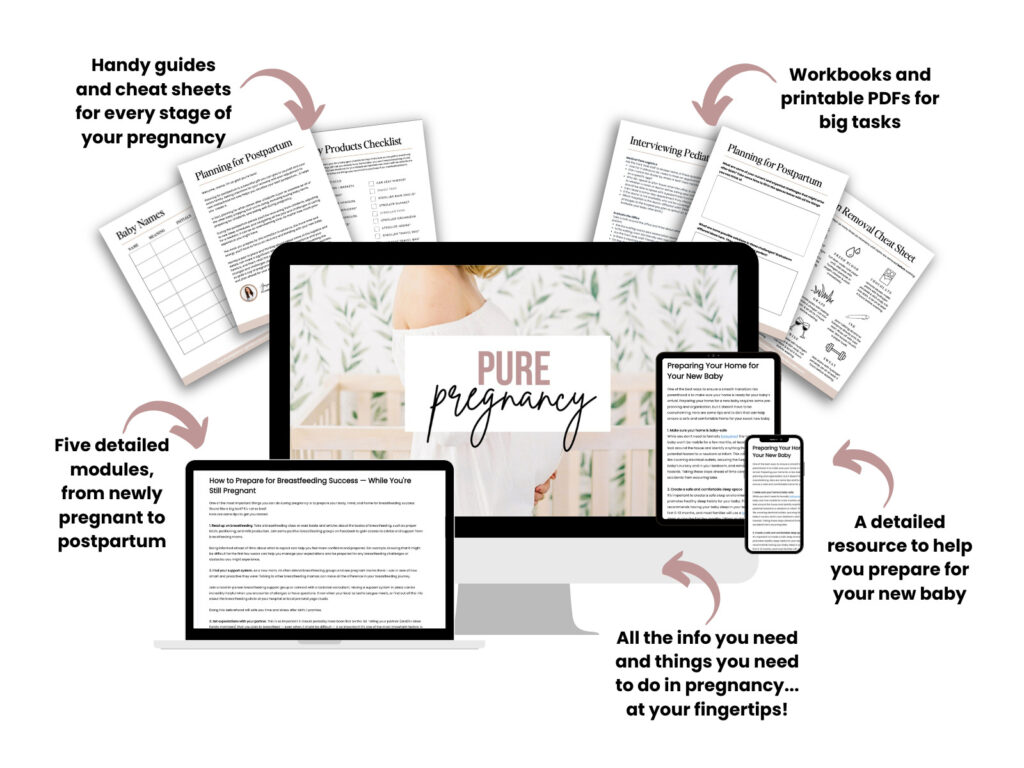
Pregnancy Don’ts: Avoid These During Pregnancy
While we always try our best to keep things positive around here, when it comes to lifestyle changes during pregnancy the don’ts are very important. All of these recommendations stem from current research and are accepted and advised by the American Pregnancy Association and the American College of Obstetricians and Gynecologists.
1. Don’t drink any amount of alcohol during pregnancy.
Experts agree that no amount of alcohol is considered safe during pregnancy. Even moderate drinking, described as one drink per day, can have lifelong effects on your child’s learning, attention, and behavior.
Heavy drinking, described as having more than 7 drink per week, may result in fetal alcohol syndrome. This causes significant birth defects including smaller than normal head size, abnormal facial features, issues with brain development, and low birth weight.
2. Don’t smoke any substance during pregnancy.
Smoking during pregnancy will expose your baby to over 4000 toxic chemicals. Nicotine causes the blood vessels to narrow which results in less oxygen and nutrients getting to the fetus. Smoking during pregnancy causes permanent damage to your unborn baby’s brain and lungs.
Furthermore, smoking during pregnancy is associated with preterm labor, low birth weight, and a higher likelihood of colic. Babies born to mothers who smoke are also at an increased risk for sudden infant death syndrome (SIDS).
It’s not just the birthing mama that needs to quit. Secondhand smoke can also have a negative effect on your baby. It is associated with low birth weight, an increased risk of SIDS, and higher likelihood of developing asthma and ear infections.
3. Don’t use illegal drugs.
Heroin, cocaine, methamphetamines, and recreational use of prescription drugs can have serious negative effects on your growing baby. Drug use can affect your baby’s growth, cause preterm birth, fetal death, birth defects, still birth and miscarriage. It can also put your baby at risk for SUID and SIDS.
Marijuana, which is legal in some states for recreational and/or medicinal use should not be used during pregnancy. Officially The ACOG states it should not be used in any form while you are pregnant because of an increased risk of stillbirth, low birth weight, and an association between prenatal marijuana use and attention and behavioral problems in children.
4. Don’t take any medications without speaking to your provider.
During pregnancy certain medications (regardless of whether they’re prescriptions, over the counter, or herbal) may no longer be safe. It’s important to discuss any medication use with your provider as soon as you find out you’re pregnant. She will help you determine what’s okay to continue using and what’s not. She can also suggest safer alternatives where applicable.
5. Avoid chemical cleaners and solvents.
The CDC states that exposure to chemical cleaners and solvents, like those found in dry cleaners, oil-based paints, oven cleaners, and laboratories are associated with birth defects, miscarriage, low birth weight, and preterm birth. For this reason, if you work with potentially hazardous chemicals or solvents, discuss your risk with your employer and your provider to create a safe plan for the duration of your pregnancy.
Even at home, you may have harsh or toxic chemicals in your cleaning cabinet. Ditch the bleach, traditional laundry detergent, and switch to non-toxic household cleaning products. You can find cleaning product suggestions on our list of non-toxic products.
a
6. Don’t use candles, air fresheners, perfume, or other “fragrances”.
Synthetic fragrances of any kind should be avoided. You can usually find natural, safer alternatives. But in general, pregnancy is a good time to get used to going fragrance-free, if you haven’t already. Synthetic fragrances can be found in anything from lotions and cleaning products to air fresheners and candles. They’re everywhere, and you need to be pretty diligent to avoid them.
Synthetic fragrances are often labeled as “fragrance” or “parfum” on a product label. This may not seem like a big deal, but a loophole in product regulations allows product manufacturers to use any a concoction containing up to hundreds of hidden chemicals. Usually, synthetic fragrances contain phthalates, which come with a whole set of health risks for adults and children, but especially pregnant women and babies. Some of the known health effects of phthalate exposure include ADHD, asthma, certain cancers, and endocrine disruption.
So if you’re big on wearing perfume or scenting your home with air fresheners, for example, this is an important time to find safer, non-toxic alternatives. Or just learn to be comfortable living fragrance-free. It’s better for you and your baby overall, so it’s a great switch to make right now. If you need help finding cleaner products, browse my non-toxic product recommendations.
Related: 10+ Household Chemicals to Avoid During Pregnancy
7. Don’t use toxic makeup or beauty products.
Along the same lines as not using synthetic fragrances, the personal care and beauty products you use during pregnancy can have a lasting effect on your baby’s health. The average woman who wears makeup daily absorbs 5 pounds of chemicals in an average year from her makeup.
Think about what that means during pregnancy… Any products that you use topically have the potential to be absorbed right into the bloodstream, and several hundred chemicals have been found to cross the placenta. It’s not worth the risk. There are so many amazing, high-performance beauty brands now that it doesn’t even feel any different than the mainstream brands you’re probably used to.
Some of my favorite beauty brands include:
And you can find countless other brands and product recommendations on my guide to clean beauty for pregnancy and my master list of non-toxic products.
8. Don’t use hot tubs or saunas.
Hot tubs and saunas are problematic during pregnancy because they raise the body’s core temperature to levels that are unsafe for your growing baby. A safer alternative to hot tub and sauna use, especially when you’re experiencing aching joints and pregnancy discomforts, is a warm bath.
9. Don’t engage in high risk activities, exercises, or sports.
Exercising during pregnancy is recommended by experts, but it’s important not to engage in activities or workouts that put you at risk for an abdominal injury or fall like impact sports, horseback riding, skiing, mountain biking, surfing, gymnastics, trampolines, etc. You should also abstain from hot yoga or Pilates because of the risk of raising your core body temperature too high.
And it’s also worth mentioning that if you do take a yoga class, it’s best to take a prenatal yoga class from a certified prenatal instructor. If you attend a regular yoga class, you can let the instructor know that you are pregnant and they should be able to advise you on which poses you’ll need to modify. Be careful not to twist your abdomen.
10. Don’t clean your cat’s litter box.
During pregnancy it’s important that you stop cleaning your cat’s litter box because of the potential risk of contracting toxoplasmosis. Toxoplasmosis is a blood infection caused by parasites found in animal feces, especially cats. This is a relatively rare condition, but can have very serious side effects for your baby including mental retardation, abnormal head size, brain calcification and more.
You can help prevent contracting toxoplasmosis by having someone else change your cat’s litter box, or wearing gloves if you must do it. You should always keep cats off counters and away from food, and be sure to wash your hands thoroughly after contacting your cat, especially before eating.
If you have a cat, it’s important to let your provider know at your first prenatal visit. She will discuss safety precautions and warning signs with you.
11. Don’t eat raw or undercooked meat.
Raw meat, or undercooked meat should be avoided because of its possible contamination with salmonella, coliform bacteria, or Listeria. During pregnancy, you may be 13 times more likely to contract a foodborne illness than you would be normally (source). Food poisoning during pregnancy is especially dangerous because it can lead to complications such as miscarriage, still birth, blood infection, or extreme dehydration.
12. Don’t eat sushi, raw shellfish, or smoked fish.
You should avoid raw fish, such as those found in sushi and raw shellfish for the same reasons. These foods also increase your risk for foodborne illness.
Sushi that contains cooked seafood and cooked shellfish are completely fine to eat during pregnancy. In fact, it’s even recommended to regularly eat seafood during pregnancy. Just choose fish that is not typically high in mercury (more on this below).
Also beware of smoked fish, such as lox, because it can contain Listeria even when it’s been refrigerated. Keep in mind that if the smoked fish was used as an ingredient in a dish that’s been cooked, like a stew, it is fine to eat.
13. Don’t eat fish with high mercury levels or potential industrial pollution exposure.
Mercury is very toxic to the body and is known to cause damage to the kidneys and immune system. It may cause developmental issues in children as well. It’s most often found in high amounts in large fish such as yellowfin, big eye, and bluefin tuna, mackerel, sea bass, tilefish, swordfish, and shark.
Fish that has been exposed to industrial pollution is almost exclusively fish that is caught in local waters, not the fish you’d purchase at the market or grocery store. Fish caught in contaminated lakes and streams can be dangerous to pregnant women (and the general population for that matter) because of the potential for high levels of polychlorinated biphenyls (PCBs). According to the EPA, PCBs are known to cause cancer, effect the immune and reproductive system, have neurological effects, endocrine effects and more.
14. Don’t eat raw or runny eggs.
The main concern with consuming raw eggs is the risk of salmonella. While your mind might immediately think of raw cookie dough, raw eggs can be hidden in other places too. Some foods that contain raw eggs are Caesar salad dressing, homemade ice cream or custard, eggnog, and Hollandaise sauce. If you are eating at a restaurant, it’s best to ask your server if there are raw eggs present in any dish that you find questionable.
15. Don’t have any unpasteurized milk products.
Unpasteurized milk products, like soft imported cheeses and raw milk, pose a threat for Listeria. But this doesn’t mean all that delicious brie is off the table. As long as the soft cheese was made domestically (non-imported) with pasteurized milk, it is safe to eat. Cheese labels will clearly state whether they were made with pasteurized milk or not.
16. Don’t eat deli meats and hot dogs.
Deli meats and hot dogs commonly harbor the bacteria Listeria and need to be avoided during pregnancy. The CDC advises that deli meat and hot dogs are safe to eat during pregnancy if you heat them to an internal temperature of 165 degrees, or until steaming hot just before serving.
17. Don’t consume caffeine.
Caffeine often makes the pregnancy list of don’ts because it may be associated with miscarriage when consumed in large amounts. However, most research does not suggest an association between caffeine consumption and miscarriage or neurodevelopmental issues when the consumption is less than 300 mg per day.
Official guidelines from ACOG state that “moderate caffeine consumption, less than 200 mg per day, does not appear to be a major contributing factor in miscarriage or preterm birth.” To help you understand what that looks like, a typical 8 oz cup of coffee has around 140 mg of caffeine, black tea has around 50 mg of caffeine, and caffeinated soft drinks have around 40 mg of caffeine.
Still, there are many good reasons NOT to consume caffeine at all during pregnancy. Coffee, for example, often contains mold and uses a host of chemicals during the processing. For some, it can also be an endocrine disruptor. I personally love coffee but I am adamant about not drinking it during pregnancy.
Pregnancy Do’s: Things To Do During Pregnancy
Along with all of the things not to do during pregnancy, here are some things that you can do for a more positive and natural pregnancy.
1. Do eat a healthy diet.
Try to eat a well-balanced diet with an emphasis on veggies, lean protein, whole grains and healthy fats. When you aren’t feeling up to eating much variety, don’t stress it. Your normal appetite will return and a high-quality prenatal vitamin will help pick up the slack
2. Do include low-mercury, cooked seafood in your meal plan.
This is a great addition to a pregnancy diet because seafood is an excellent source of omega-3 fatty acids which are the building blocks of your baby’s brain. ACOG recommends two servings of fish per week during pregnancy.
3. Do enjoy grass fed and grass finished meats in your diet.
These protein sources have healthier fat profiles, more antioxidants and are less likely to contain the hormones or antibiotics found in conventional beef. I like ordering from Butcher Box for the cleanest meats and I recommend adding Biomeology grass-fed prenatal collagen to your daily routine during pregnancy too (find out more about the importance of collagen during pregnancy).
4. Do eat organic pasture-raised eggs.
Eggs are a perfect pregnancy food! Eggs with this label are healthier because they contain twice as much omega-3 fat, three times more vitamin D, four times more vitamin E and seven times more beta-carotene than conventional eggs.
5. Do look for ways to add more omega-3 fatty acids into your diet.
Because omega-3 fatty acids are so good for baby’s brain development, try to find other dietary sources such as chia seeds and flax seeds, and be sure to take a fish oil supplement.
6. Do take high-quality prenatal vitamins daily.
Prenatal vitamins are important because they fill in the nutritional gaps in your diet and are perfectly designed for fetal health and development. Even though I take a “food-first” approach to nutrition, I am a big advocate for taking clean supplements to support your body and supplement your diet.
7. Do stay active during pregnancy.
Experts recommend pregnant women exercise at least 150 minutes every week. Staying active will help with a healthy weight gain, relieve pregnancy discomforts, boost your energy and mood, and help with birth (source)
8. Do drink plenty of water.
Staying hydrated during pregnancy is important because it’s what forms amniotic fluid and the extra blood volume essential to a healthy pregnancy. It also helps you avoid constipation, swelling, stretch marks, and UTIs.
9. Do get lots of sleep and rest.
While many women experience pregnancy related insomnia, try to get in as much sleep and rest as you can when your body allows. Growing a human takes a lot of energy
10. Do love yourself through this process.
The more that you can love yourself, the more you can open up to loving another person. So take some time to check in with yourself. Maybe even book a few sessions of online therapy to help you through any issues that may be weighing on you. Practice gratitude and journal.
Pay attention to anything that upsets you or relationships that may seem to be strained by the changes you’re experiencing in your life. It’s ok and healthy to set boundaries. Just remember that anyone who gets upset by your boundaries was somehow benefiting by your lack of them.
11. Most importantly, do enjoy this time, listen to your body and avoid stress.
Perhaps the most important of all, is to avoid stress and enjoy this special time in your life. While it’s said often, it’s certainly true that what our body does during pregnancy is nothing short of a miracle. Growing a life is a time to be present and give yourself grace.
Do your best to avoid taking on unnecessary tasks and adding unneeded worry and stress to your life. When you experience chronic stress during pregnancy, some research suggests a negative effect on baby’s growth and development. Chronic stress during pregnancy is also linked to poorer pregnancy health, babies with low birth weight and risk for preterm labor.
So listen to your body, mama. Make relaxation and self-care a priority during this special time. Trust that your body knows what it’s doing and give it what it’s asking for whenever you can.
Final Thoughts on Pregnancy Do’s and Don’ts
I know that we just went through a long list of pregnancy do’s and don’ts. But aside from random foods you shouldn’t eat and some things you shouldn’t do, a lot of it comes down to following your natural instincts for having a healthy pregnancy. Yes, you’ll have to make some adjustments, especially if this is your first pregnancy. But nothing on here should be overwhelming — and it isn’t meant to be.
Enjoy your pregnancy and this special time in our life, mama. Even if it’s hard right now, you’ve got this.

You Might Like These Posts

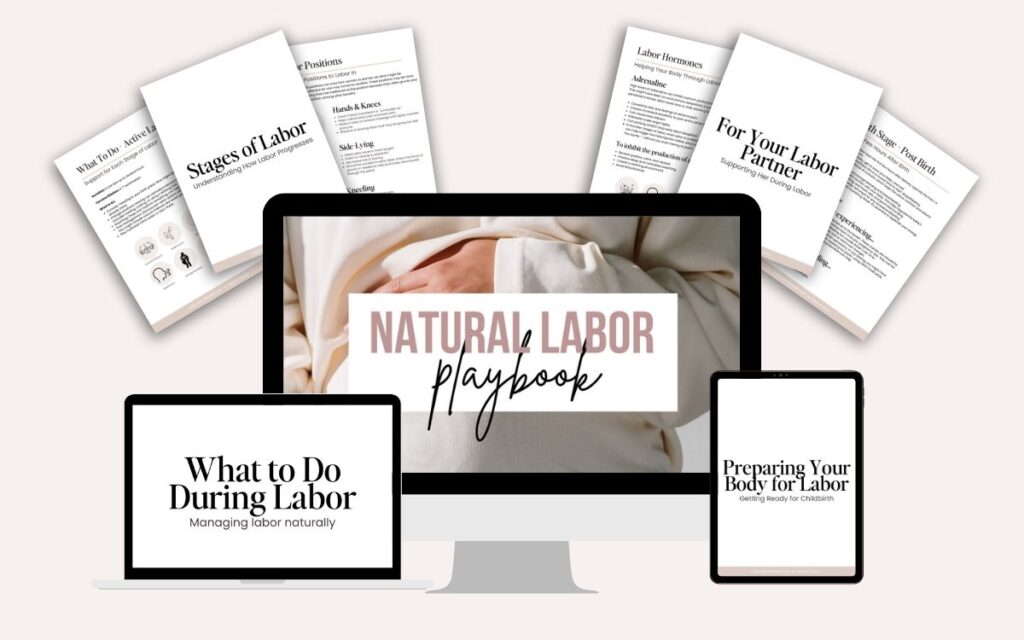




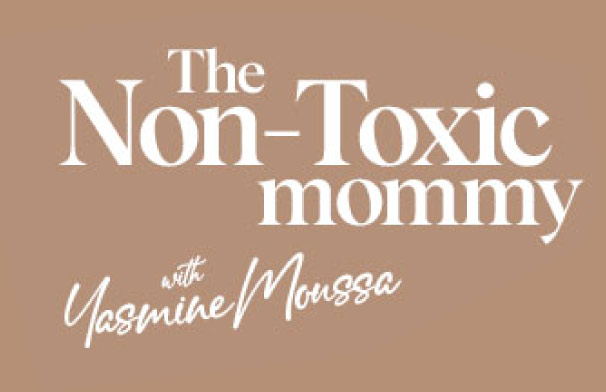
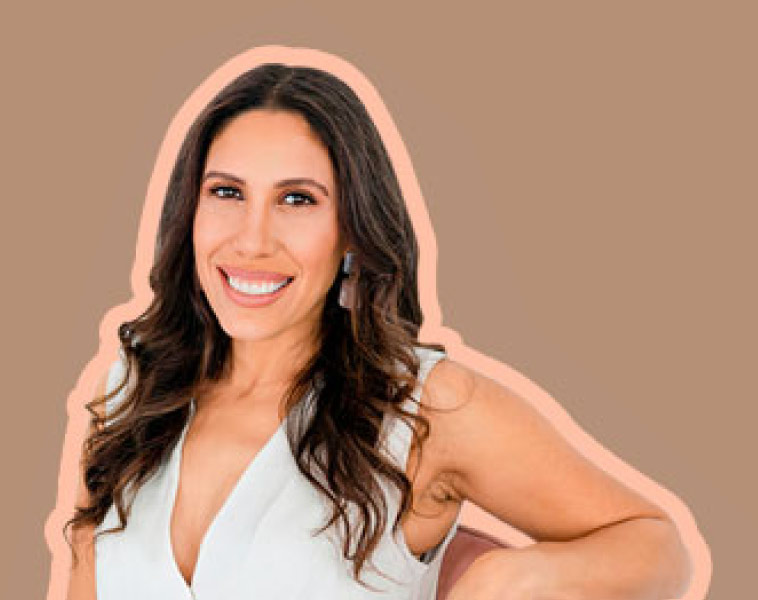
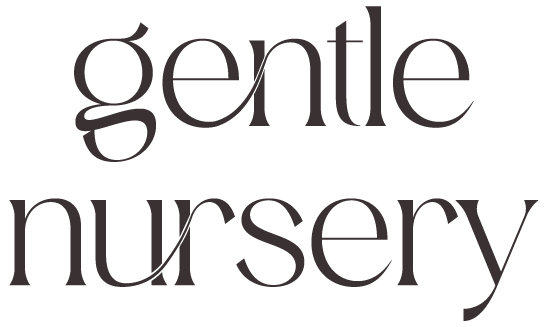

Leave a Reply